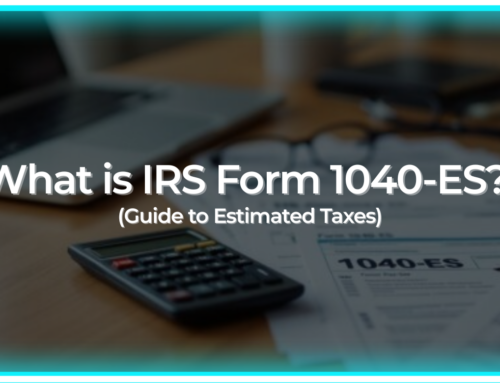Hey everyone! I’m Bette Hochberger, CPA, CGMA, and today I want to talk about real estate investment strategies; beyond 1031 exchanges.
1031 exchanges are a prevalent method for deferring capital gains taxes on investment property sales, but there are times when other strategies might align better with an investor’s objectives and circumstances. In this blog, I’ll discuss various alternatives to 1031 exchanges in the realm of real estate investment.
Assessing the Need for Alternatives
Investors should weigh their investment goals, risk tolerance, liquidity needs, and the prevailing market conditions before exploring alternatives to 1031 exchanges. There are diverse strategies available that might suit different investment profiles and objectives better than the conventional 1031 exchange route.
Installment Sales
Installment sales occur when sellers offer financing to buyers, receiving payments over time. This strategy allows the deferment of capital gains, spreading the tax liability over several years and offering flexibility in sale and payment structuring.
Opportunity Zones
Investing in Opportunity Zones can offer significant tax advantages, including deferred and potentially reduced capital gains taxes, while fostering economic development in designated areas.
Tax-Deferred Annuities
Using proceeds from property sales to purchase tax-deferred annuities can provide investors with a stable income stream and defer taxes until the annuity payments are received.
Charitable Remainder Trusts (CRTs)
Placing assets in a Charitable Remainder Trust (CRT) can provide income, charitable deductions, reduced estate taxes, and the deferment of immediate capital gains taxes, benefiting both the investor and the chosen charity.
Delaware Statutory Trusts (DSTs)
Investing in a DST allows for ownership of a fractional interest in a property, providing potential income and tax benefits, without the obligations of property management.
Structured Sales (Ensured Installment Sale)
Structured sales provide a secure income stream while deferring capital gains tax, utilizing a third-party assignment company to ensure security and stability.
While 1031 exchanges remain a cornerstone in real estate investment strategies for tax deferment, the alternatives provided offer diverse avenues for investors with varied needs and goals. Exploring these alternatives can yield tailored solutions for optimal financial and investment outcomes in the dynamic landscape of real estate.
Navigating the variations of real estate investment requires meticulous planning and strategic insight. As a specialized real estate CPA, I can help you explore and implement the most advantageous strategies to optimize your investment portfolio. Reach out today to design a tailored approach to meet your unique investment objectives.
I hope you learned something new today. As always, stay safe, and I will see you next time.







